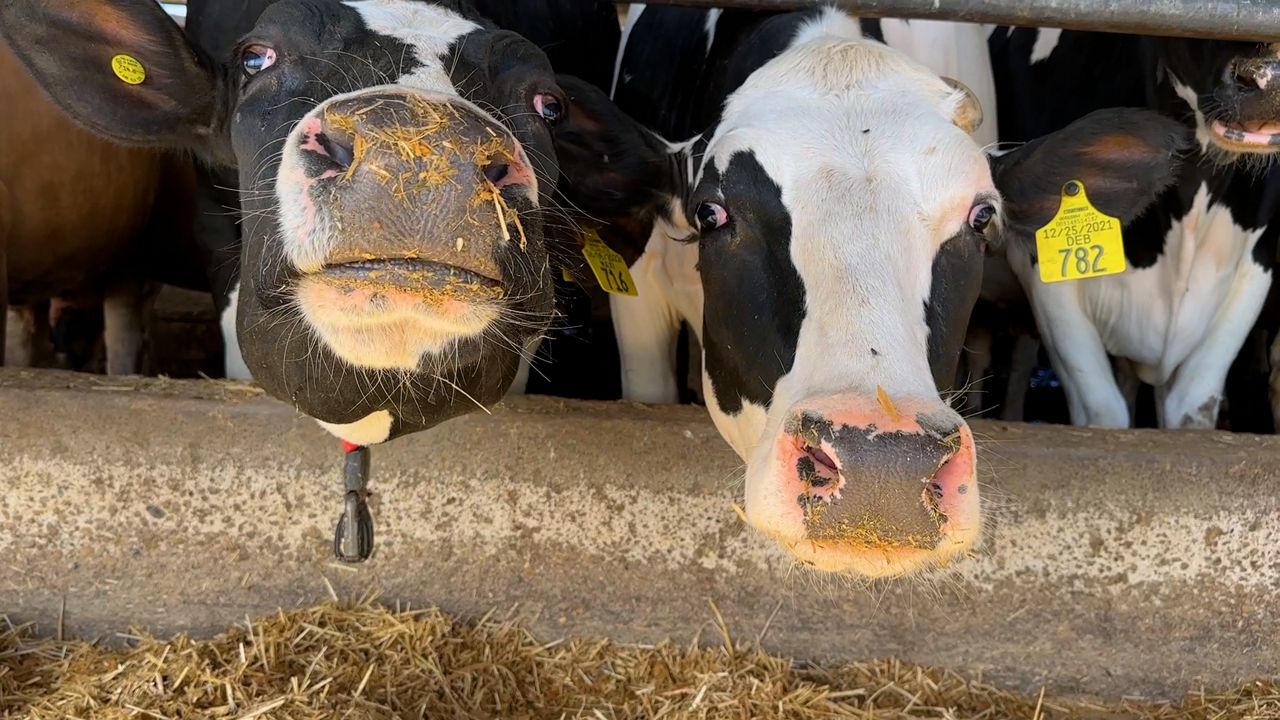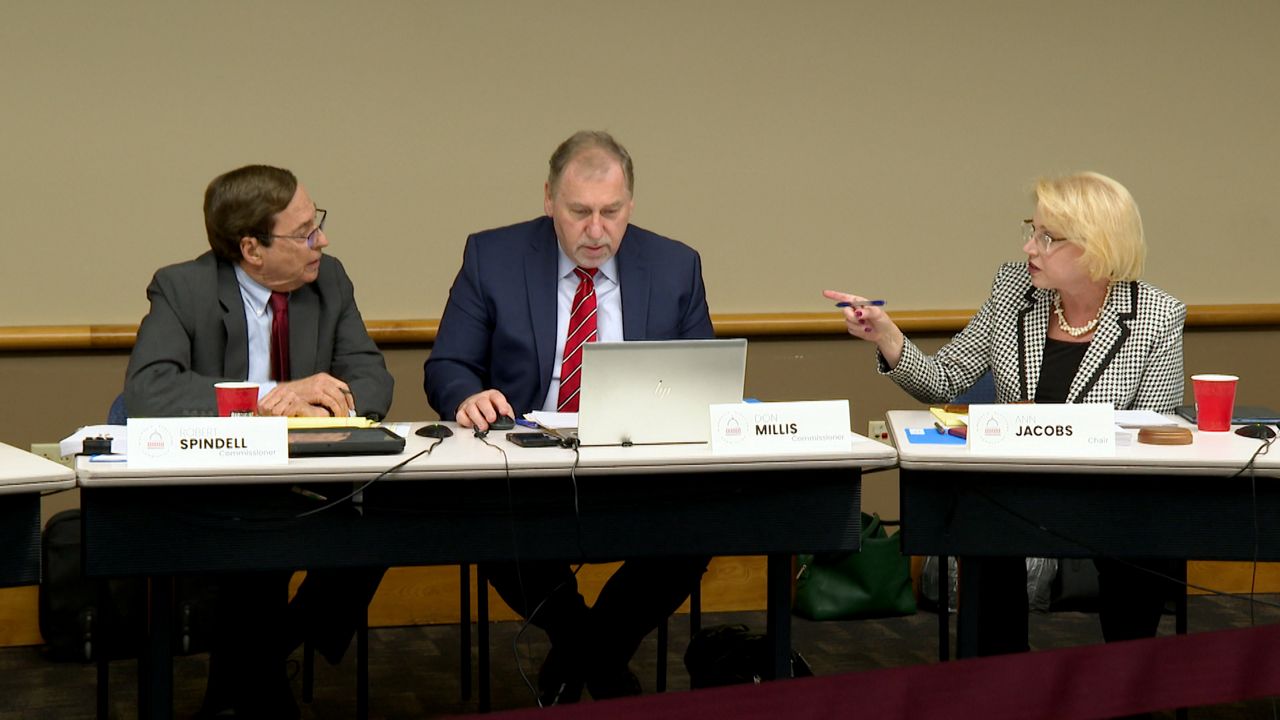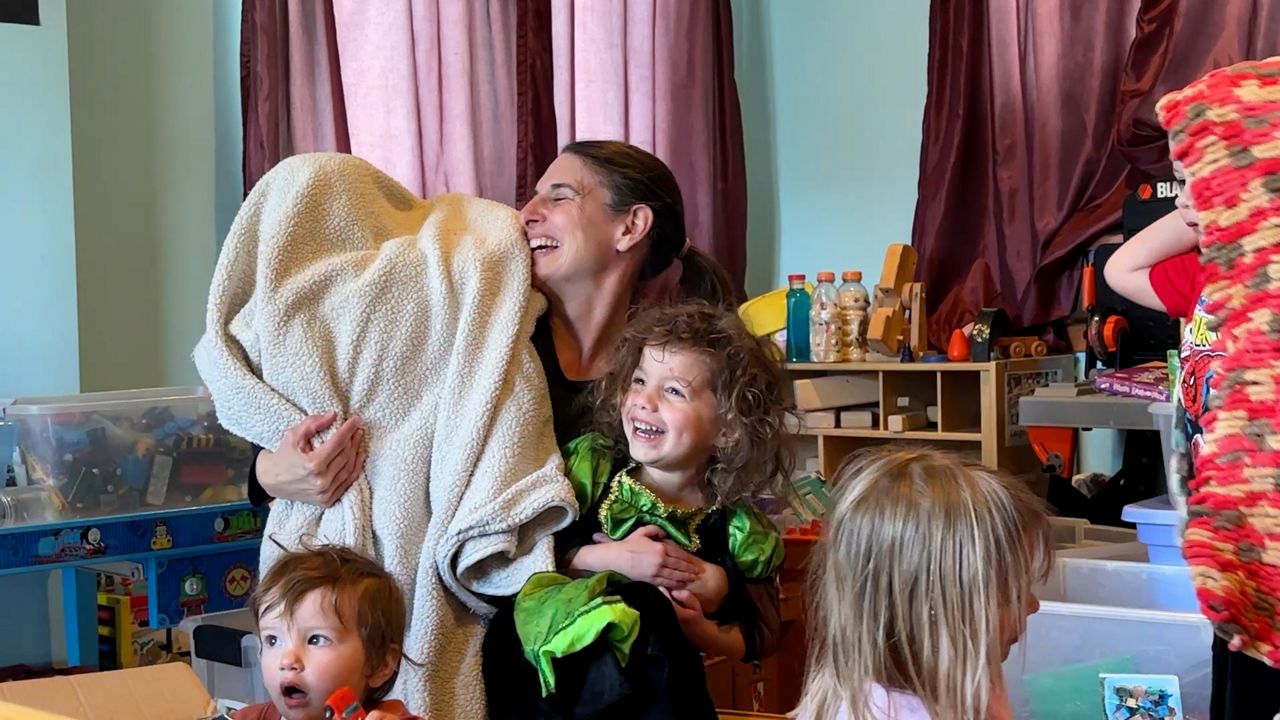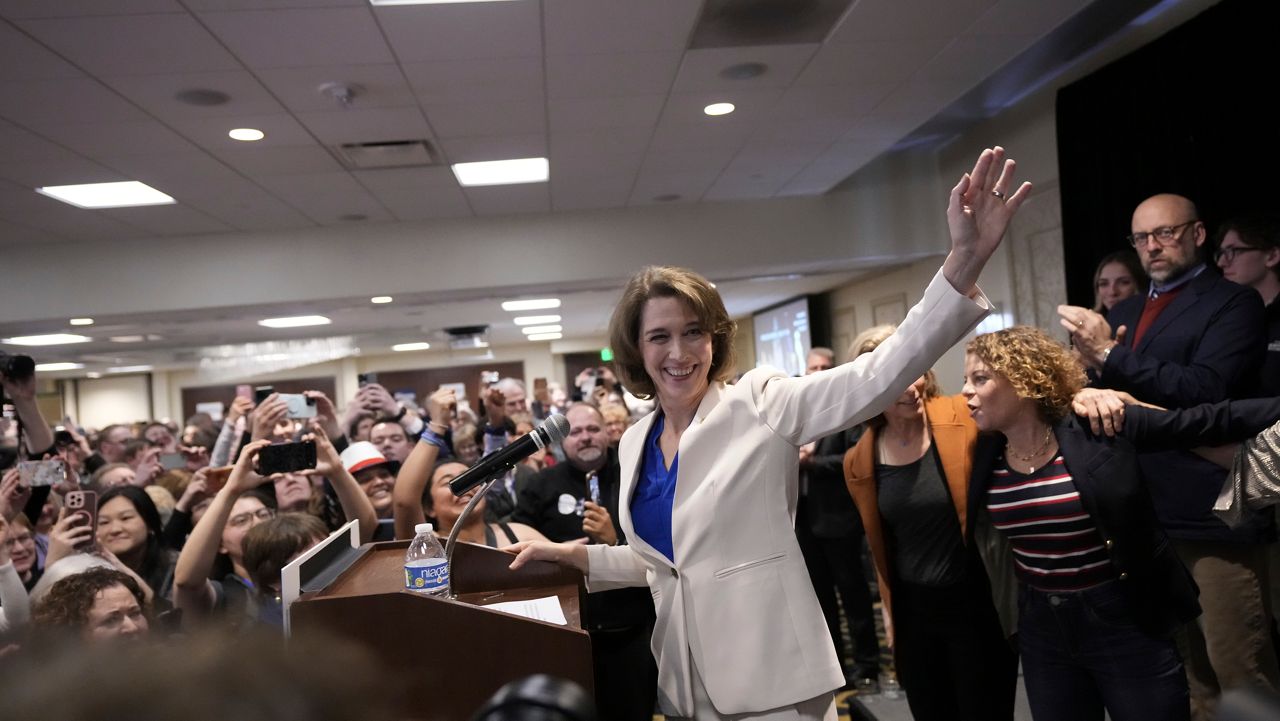MADISON, Wis. — A new report out this week shows Wisconsin is expected to wrap up the fiscal year with more money in the state coffers than initially thought.
The latest numbers from the Wisconsin Department of Administration (DOA) estimate the state will finish the year with a $4 billion surplus, which will serve as the base and first step to building the next budget in the new year.
That figure doesn’t include the almost $1.9 billion in the so-called “rainy day” fund, which remains at a record high.
The report released Wednesday from the state’s Department of Administration showed higher-than-expected revenue collections brought in nearly $500 million more than anticipated.
Democrats on the legislature’s budget-writing committee said the bulk of the money should have already been invested on behalf of Wisconsinites.
“Money, that by all rights, should have been invested in the children of Wisconsin, in our public schools, in public higher education, and in our local governments so that they can perform essential public services—and those funds were not expended as they were, and that’s why we have this massive surplus,” State Sen. Kelda Roys, D-Madison, explained. “So, I think it’s really important that we take these funds and invest them in the things that we all as taxpayers believed that the government was doing on our behalf.”
Republicans, however, are raising concerns and said they want to send that money back to the taxpayers as the report also showed Wisconsin would have a more than $740 million deficit by the end of the 2025-27 budget if every request by state agencies were approved.
“Gov. Evers and his administration want to spend this money on new programs and growing the size of government, which would turn a $4 billion surplus into a deficit in just two years,” State Rep. Mark Born, R-Beaver Dam, who serves as co-chair of the Joint Committee on Finance (JFC) said in a statement. “Assembly Republicans are committed to sending this money back to the hard-working taxpayers across Wisconsin.”
State agencies rarely get everything they ask for when the governor releases budget proposals for them, so the spending Gov. Evers proposes early next year would likely be far less.
“We’ve worked hard to be fiscally prudent and reduce our state’s debt where we could while still making smart, strategic investments in needs and priorities that have long been neglected. We must continue to balance these important obligations in our next biennial budget and stay within our means while continuing to make the critical investments we need to maintain our economic momentum,” Gov. Evers said. “Our state and our economy remain in good shape thanks in no small part to the work Wisconsinites have done together these past five years, and I look forward to building upon our efforts in my next biennial budget in 2025.”
While no official date has been put on the calendar, Gov. Evers usually delivers his budget address to state lawmakers in February.












